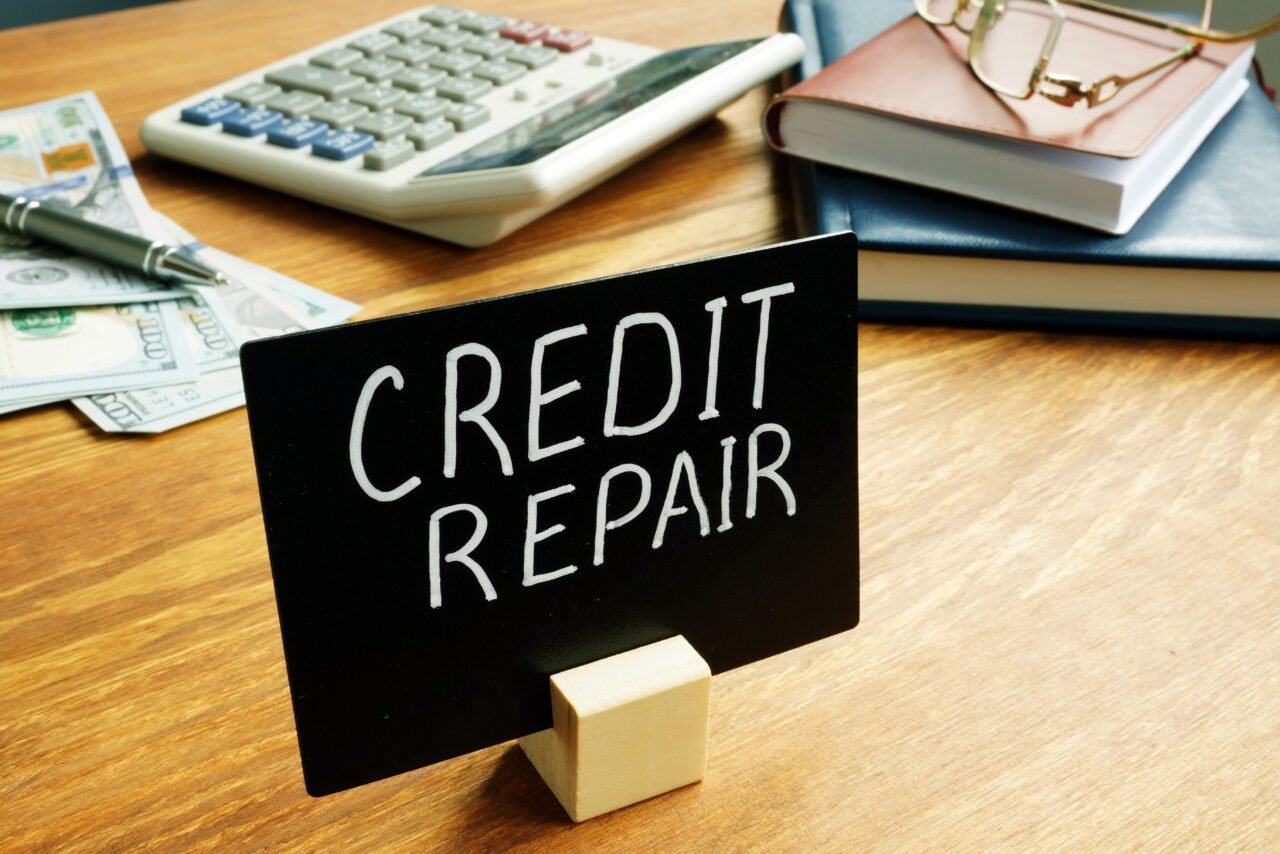Financial hardship can be a difficult thing to deal with and can leave a lasting impact on your personal finances. One of the most damaging impacts of financial hardship can be a bankruptcy filing. While bankruptcy is a difficult process to go through, it can ultimately lead to a better financial future. A bankruptcy can have a major impact on your credit score, but it does not necessarily mean that you are without hope. In fact, there are ways to rebuild your credit score and gain access to credit even after a bankruptcy.

When you file for bankruptcy, it is important to understand that this will have a negative impact on your credit score. Your credit score is a numerical representation of your creditworthiness and is used by potential lenders when deciding whether or not to extend a loan. When you file for bankruptcy, your credit score will drop significantly. Depending on the type of bankruptcy you file, this drop can range from 200-400 points. If you had a good credit score prior to filing for bankruptcy, this could be even worse.
But, this does not mean that you are unable to get access to credit after filing for bankruptcy. While it may be more difficult to gain access to certain types of credit, such as a mortgage or a car loan, there are still options available. For example, you may be able to qualify for a secured credit card. With a secured credit card, you will be required to put down a security deposit, which will be equal to or less than the amount of credit you are requesting. This deposit acts as collateral for the lender and ensures that the debt will be repaid. Moreover, the credit limit and interest rates tend to be lower on secured credit cards, making them an ideal option for those with poor credit scores.
Another option is to work with a credit counseling service. Credit counseling services can help develop a budget and payment plan that is tailored to your financial needs. Credit counseling services often work with lenders to try to lower interest rates and eliminate fees. This can help make the repayment process more manageable. Additionally, many credit counseling services will report your payments to the credit bureaus, which will help improve your credit score.
- Finally, you may be able to get access to credit through a cosigner or a co-borrower. A cosigner or co-borrower is someone who agrees to take on the debt should you fail to pay. This can be a family member or friend. The cosigner or co-borrower must have a good credit score, as their credit will be tied to the loan

These are just a few of the ways to gain access to credit after filing for bankruptcy. While it may take time and effort to rebuild your credit, it is possible. With patience and dedication, you can get back on the path to financial success.


